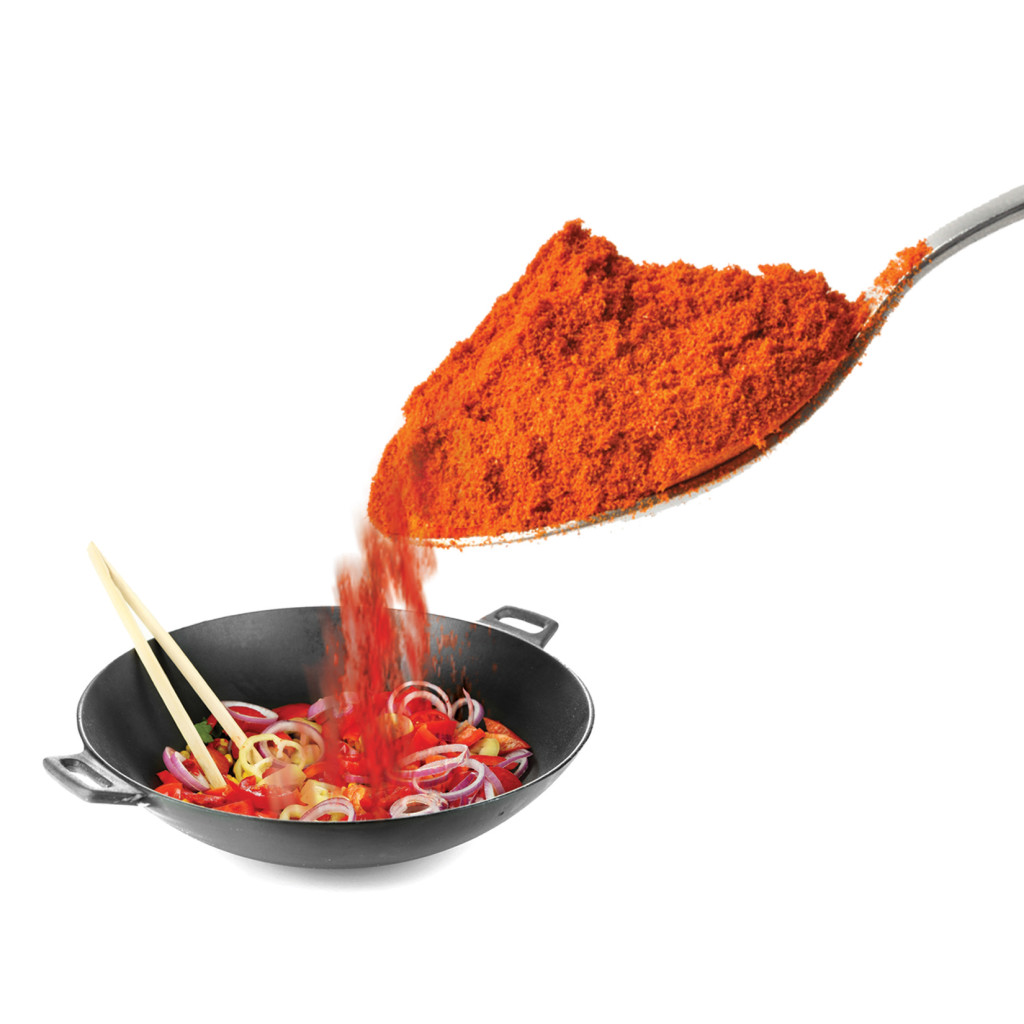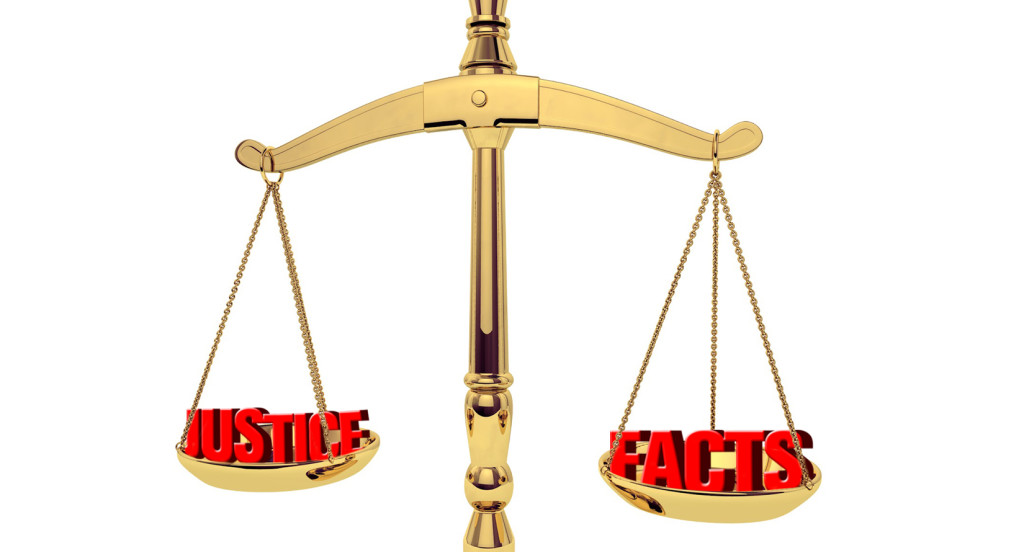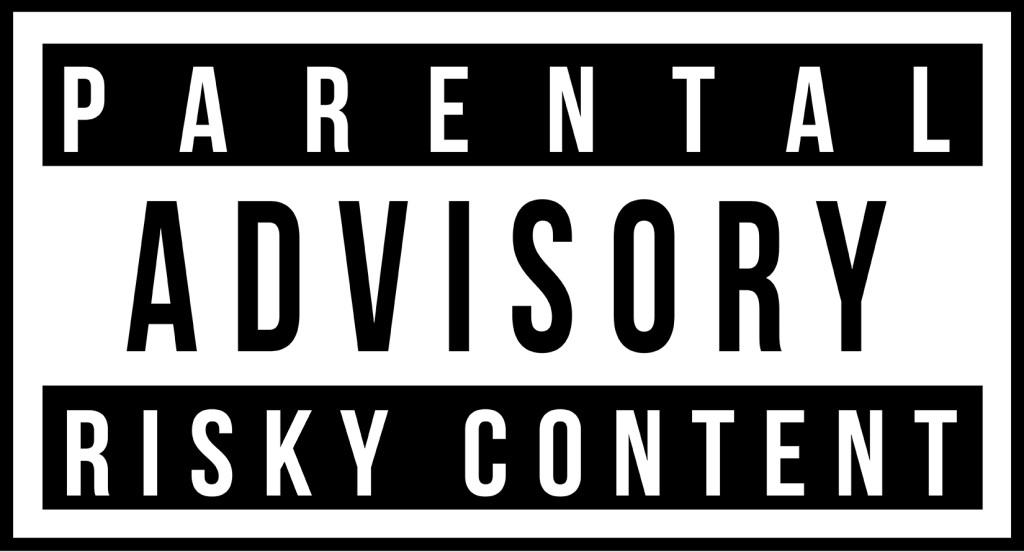Happy springtime, everyone! The Ninja’s back, and answering more burning language usage questions. Let’s get crackin’!
Q: What is the difference between “further” and “farther?” Is there any real difference?
A: To answer both your questions succinctly: The existence of physical distance, and sort of.
Read More
31 03 2015
A Case for Keeping It Real
Epic fail.
Literally the best.
The most amazing.
The absolute worst.
These superlative descriptions are best reserved for, respectively, the sinking of the Titanic, invention of the wheel, the Great Pyramid of Giza and the 1918 flu pandemic.
Today, it’s hard to know where you stand when something as minor as burnt toast can be considered an epic fail, or a particularly good burger becomes literally the best thing ever. An affliction of modern discourse is our penchant for exaggeration. Having been a vegetarian for seventeen years, to me there are few foods that come close to the glory that is a nice thick juicy burger. But let’s not get carried away; I’ve had ups and downs, but my life would be pretty grim if a hunk of ground beef was literally the best thing ever.
Read More
Envision a gothic fantasy tale, with a blood-sucking horror sitting at a piano. His cold, pale hands dance over the white, glistening keys of the ancient instrument as his haggard, wet breath exits his chest in a tremendous gray cloud of cold, damp vapor.
Your skin may have crawled a little while reading that, but not because the tremendous number of descriptors painted a vivid picture in your mind. In fact, you may have even been distracted by how many words were used to say something so simple. This is an example of the danger of over-reliance on adjectives in your descriptions.
Read More
17 03 2015
Is It Libel, or Just Free Speech?
It may not have escaped your notice that Americans like to sue each other. One of our great modern thinkers, “Weird Al” Yankovic, even wrote a song about it (in part: “I’ll sue ya, I’ll take all your money / I’ll sue ya, if you even look at me funny!”). One thing that really gets our litigious juices going is when someone says nasty things about us, either in speech or in print. Yes, today’s topic is libel and slander (mostly libel, though; more on the difference later). If you are a writer who writes about real people, it’s something you should keep in mind.
Read More
Welcome to another edition of Questions for a Language Ninja, where the Ninja explores common grammar and usage issues that, hopefully, at least one other person will find important. Let’s get going!
Q: Why is it that common expressions like “cheer up,” “clean up,” “mess up,” “calm down,” and “make up” don’t have an opposite adverb equivalent? Shouldn’t we be able to logically say “clean down?”
A: We should, and we would – if English language usage was governed entirely by logic. Alas, it is not.
Read More
The Language Ninja is hoping you are having a splendid middle-of-February, and that your Valentine’s Day was a wonderful celebration of affection between you and the one you love most. For the Ninja, it was a day largely spent weeping. Let’s get started!
Q: When is it appropriate to use “I,” “me,” or “myself” in a sentence?
A: If you are an elected official giving a press conference or a director of marketing giving a presentation, it is mandatory that you use “myself” in any instance you might possibly be tempted to use “me” or “I.” No, it isn’t “correct;” it just makes you sound important.
Read More
Remember the neutral male pronoun? In case that sounds like jargon to you, let me provide an example:
If a student hopes to earn an A on his final report, he should not only study all the previous course material, but also bring his teacher gifts and perform various other tasks that serve to boost his favoritism ratings.
While this is clearly objectively excellent advice, notice the consistently male pronouns. Am I writing to a class of only male students? Am I assuming that only the male students are required to perform brown-nosing acrobatics while the female students are naturally gifted enough to earn A’s on their own? Do only the male students care about their grades? This is so confusing!
Read More
Do you engage in risky writing? Or, more to the point, should you?
I’m not talking about Charlie Hebdo-style cartoons, or even the kind of novel that forced Salman Rushdie into hiding for years. I’m talking about garden-variety edginess for rhetorical effect: strong language, subtle references to sex, drugs, alcohol, bodily functions, taboos of various kinds… you get the idea. Where do you draw the line? How far (and how often) do you cross over it before a little bit becomes too much?
Read More
Happy holidays!
Let’s get this festive Questions for a Language Ninja party started with a few topics that really bother her questions from her legions of devoted fans:
Read More
16 12 2014
Happiness Is a Warm Brand Name
One of the most internationally ubiquitous weapons, the Russian AK-47, has undergone a little makeover. The assault rifle was developed in the 1940s in the Soviet Union by Mikhail Kalashnikov, who died almost exactly one year ago. Prior to his death, the weapons engineer wrote of his “spiritual pain” in wondering if the AK-47 has done more harm than good. Although Kalashnikov’s intentions to invent a weapon of defense may have been noble, it’s impossible to determine if the weapon has wrought more destruction than it has ever defended, given the AK-47’s uncontrolled global distribution.











